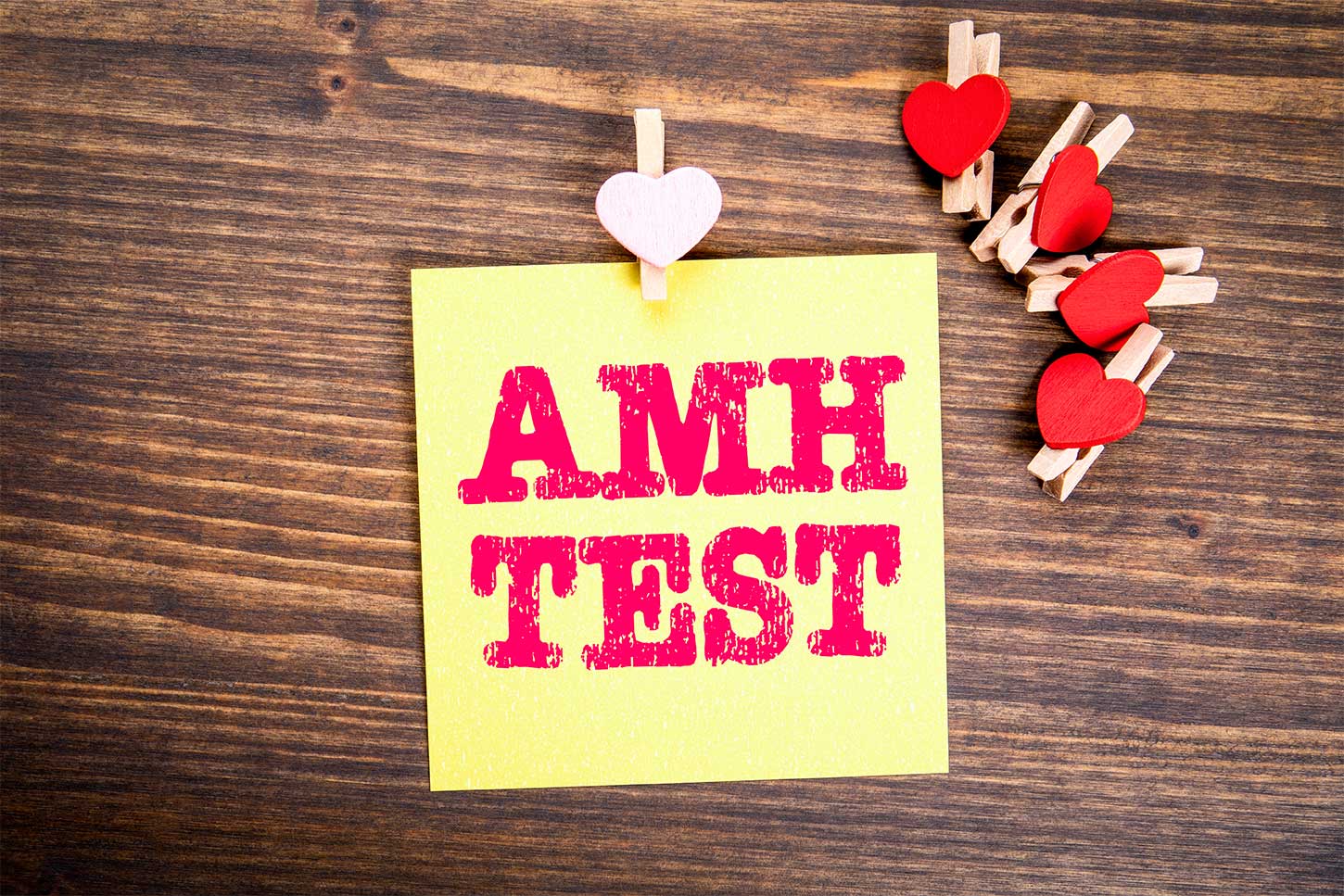
Ghost Hormone Progesterone
Ghost Hormone Progesterone: The Overlooked Hero in Women's Health





Anti- Mullerian Hormone is a hormone secreted from the testicles in men and from the ovaries in women. The exact release place of AMH is the follicles that develop in the egg. The level of AMH measured in the blood in a woman during reproductive period is a good marker that generally indicates ovarian capacity. Since AMH levels show clinically non-significant changes during menstruation, it provides a practical test to be performed in any period. Since only the use of birth control pills affects the value of the test, it should not be done while taking medication.
AMH levels vary according to age. This hormone begins to increase during puberty and reaches its maximum level around the age of 25. After this period, it tends to decrease slowly. The lowest levels that should be by age:
25 years: 3.0 ng / mL
30 years: 2.5 ng /mL
35 years: 1.5 ng /mL
40 years: 1.0 ng / mL
45 years: 0.5 ng / mL
Low AMH
1. Determining ovarian capacity
2. Predicting response to treatment in fertility treatments such as IVF
3. In monitoring ovarian capacity in chemotherapy and radiotherapy treatments
It is used to predict the risk of early menopause. In addition,high AMH levels may help for the diagnosis of Polycystic Ovary Syndrome, but it is not used as a diagnostic criteria. Although AMH measurement is a good marker showing ovarian capacity, it should not be used for prediction of pregnancy rates. The most common mistake in the clinic is to check AMH value and comment on whether the patient will have a child. This comment is an unnecessary cause of anxiety and sadness for many couples, which even has a negative effect on the chances of pregnancy. Patients who have low AMH levels still have a chance toı concieve.In addition, t low AMH level does not mean that the egg is of poor quality. Again, it is a wrong and unethical approach to direct couples directly to IVF treatment due to low AMH. First of all the couples should be encouraged for a certain period of time to try naturally or with ovulation-stimulating treatments, a simple and inexpensive method, After these, assisted reproductive techniques should be recommended for couples who cannot achieve pregnancy.